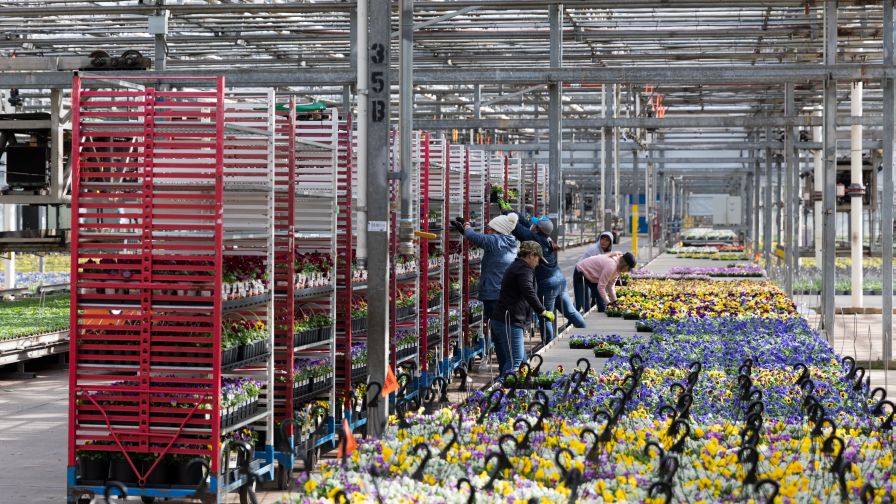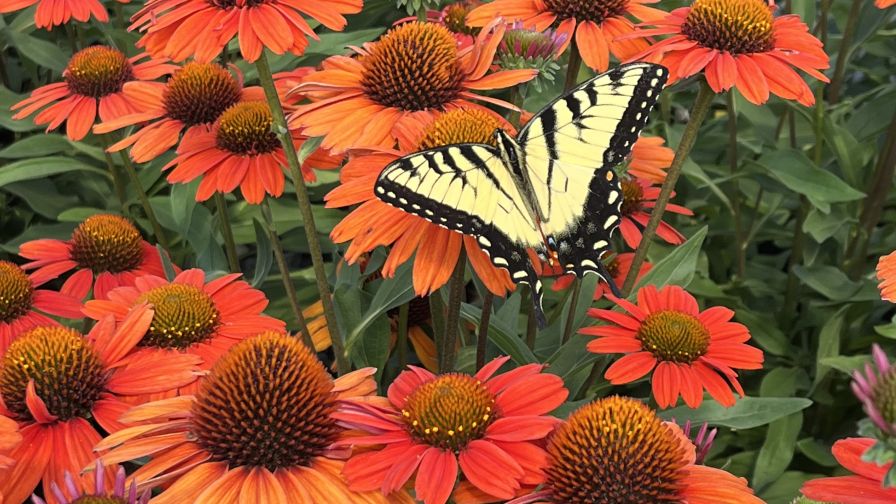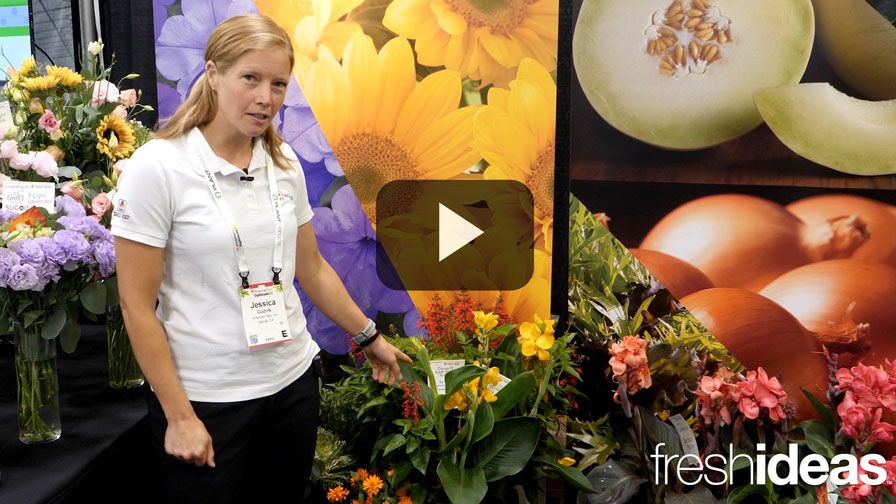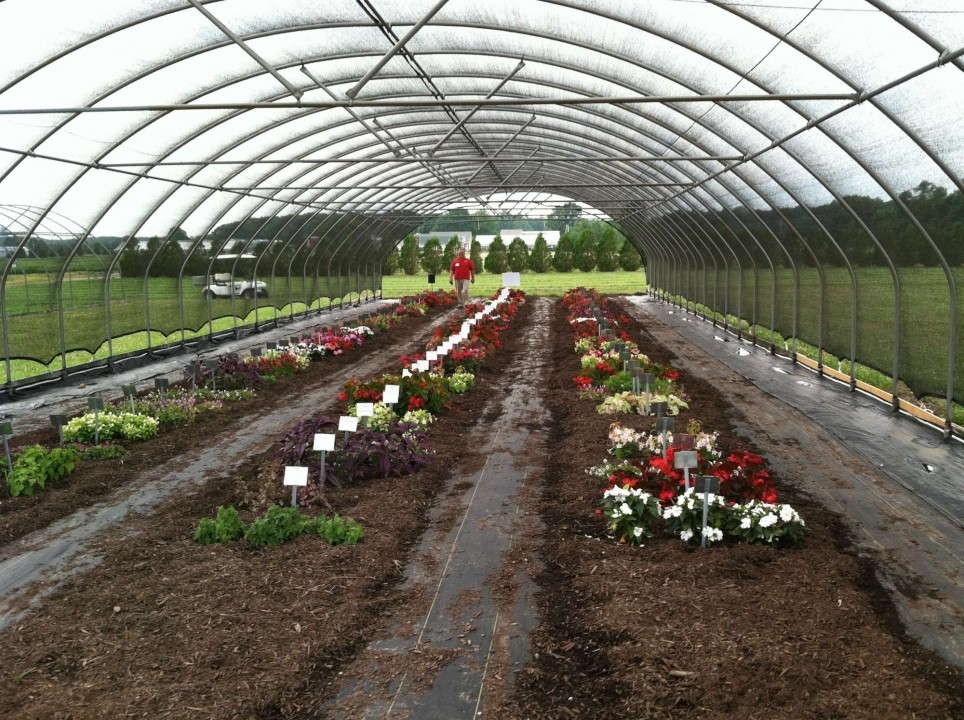Stand Firm, But Speak Gently
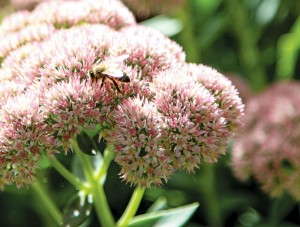 Sometimes the message you most want to communicate comes out all wrong. It’s a struggle that passionate people encounter when our thoughts outpace our words — or vice versa — and what we think we’re saying is the better version of what is actually said.
Sometimes the message you most want to communicate comes out all wrong. It’s a struggle that passionate people encounter when our thoughts outpace our words — or vice versa — and what we think we’re saying is the better version of what is actually said.
That’s what I feel is happening to our industry right now. We’re in the midst of a public uproar over the perception of harm to pollinators being linked to the neonicotinoid class of pest control tools. It’s an emotional issue, much like politics and religion, and a debate that gets fiery, no matter what side of the issue you’re on.
The problem is, we can’t afford to get fiery with our customers. Just think — how hard have we worked to get consumers to buy more plants? How many discussions have we had, and how many articles have we written and read about captivating new gardeners in Generations X, Y and Z? How much money have we spent to market our plants and develop patio-ready products to scale down gardening to a size that everyone can enjoy? How much research has been conducted to bring forth new products that will keep plants and gardening fresh and alive in the consumer eye?
And how eager are we to see all of that work come undone?
Concern over pollinator health is not limited to environmental activists picketing outside garden centers — it’s everywhere: science classes in schools, social media, you name it.
And now even the White House is getting involved. A small team of Responsible Industry for a Sound Environment (RISE) member companies met with an intergovernmental team focused on finding new and additive solutions to pollinator health. Learn more about how RISE provided pollinator health facts and stories from grower operations in its summary report to the White House.
So no matter how right you think you are and how wrong you think the other side is about what’s happening to pollinators, please don’t be defensive. Don’t tell your customers that they’re wrong or discount their concerns, because they’re interested. They want to know what’s going on and how they can help. They want to know how you’re growing your crops and what measures you’ve taken to protect pollinators. They care! We have been fighting for this level of consumer interest for how long? This is an opportunity!
Instead, listen to their concerns, answer their questions, be their advisor and teach them about the floriculture industry.
Tell them how much our industry needs bees, hummingbirds, butterflies and all wildlife. All of floriculture depends on pollinators. Likewise, the entire agriculture industry needs pollinators to help us grow and provide food, fiber and flowers to the general population. We would be crazy to do anything to jeopardize these little beauties.
But growers also need effective tools to help them grow their crops. Neonicotinoids offer lower-risk control over pests that can wipe out entire crops. And in some cases, like in Florida, states actually mandate the use of certain neonicotinoid products on imports and exports to protect agricultural crops like citrus from pests that cause serious damage, and are capable of wiping out crops and causing food prices to rise.
Bell Nursery in Maryland is doing a great job compiling information in the “Bee Informed” section of its website. It’s worth looking at how you, too, can offer articles and information to your communities, and help them build resources to protect pollinators.
Communication can be a most valuable tool. If we do it right, people will hear what we’re trying to say.
Grower Homework: Teach your community about how much the floriculture industry depends on pollinators and the responsible actions we take to ensure their safety. Listen to consumer concerns, help build bee havens and hotels and promote and plant pollinator friendly gardens. Feel free to share your ideas via eMail, [email protected], or
tweet @Laura_GG_TGC.





